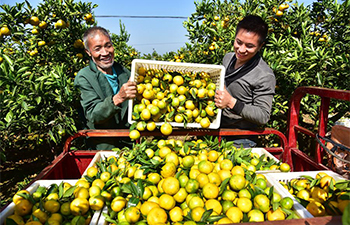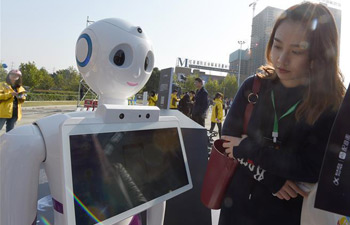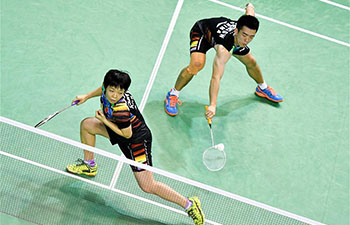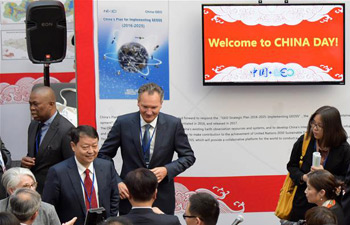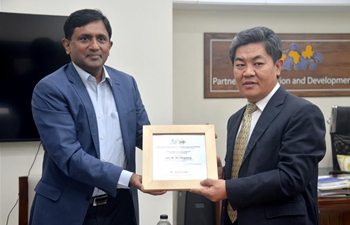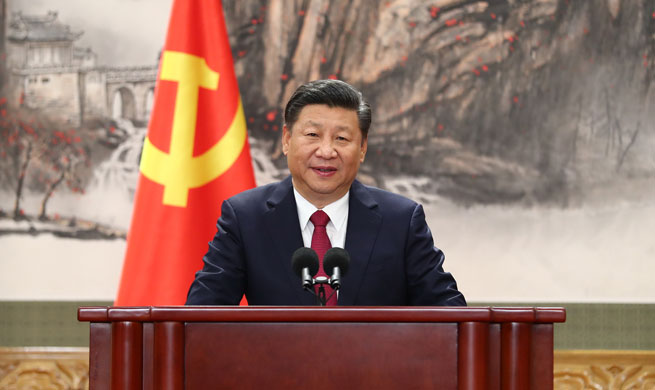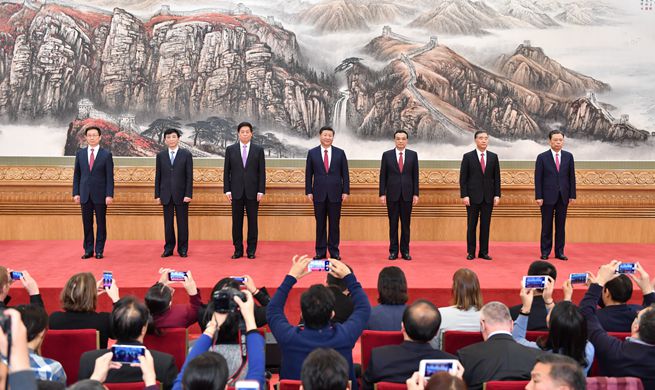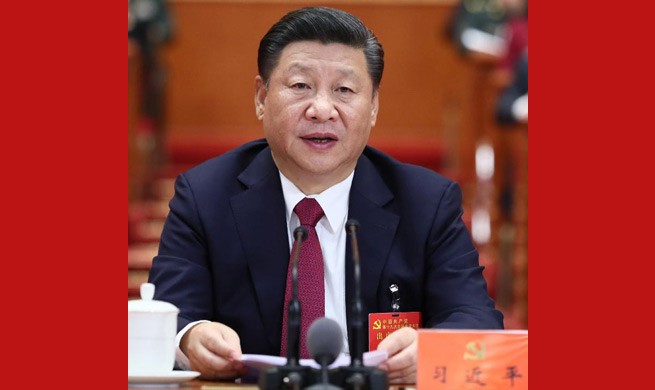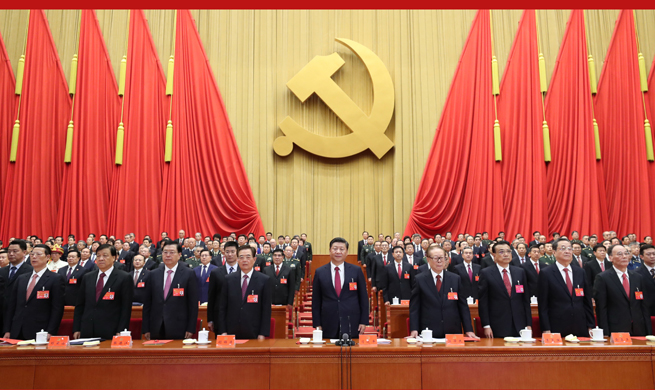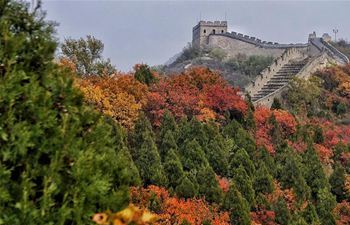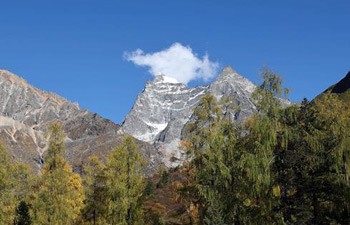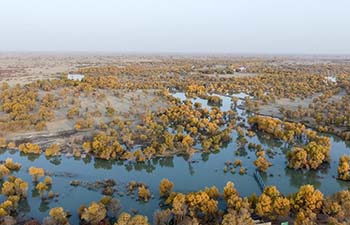BUDAPEST, Oct. 25 (Xinhua) -- The two-day World Export Development Forum 2017 started here on Wednesday, with the aim to exchange views and policies boosting competitiveness and infrastructure through connectivity, skills, and innovation.
Executive director of the Geneva-based International Trade Centre (ITC), Arancha Gonzales, spoke in a keynote speech about the importance of open markets.
"Open markets drive growth and also contribute to reducing poverty," said the head of the agency, which has a joint mandate with the World Trade Organization and the United Nations through the United Nations Conference on Trade and Development.
She also said it was important to understand that trade was not an "aim in itself, but an important tool leading to the sharing of prosperity."
"Trade is a force for good, but we must find ways to work together in order to make it even better," she said.
In order to do so, it is important to give more significance and support to small and medium-sized enterprises (SMEs), Gonzales said.
"These small firms must be helped in their development process, mainly with the reduction of bureaucracy, the improvement of logistics, and with an access to investment capital," she said.
"The SMEs will be helped with an online tool, to be launched by the World Trade Organization (WTO), that will assist them in targeting their export markets," she said.
Hungarian President Janos Ader spoke about the importance of protecting the environment, especially as it relates to carbon emissions caused by massive ships transporting merchandise worldwide.
"A stunning 80 percent of international trade is conducted via marine transportation, and these boats are liable for three percent of the total CO2 emission of the world. The Paris accord must be extended to maritime transport as well," Ader demanded.
He also spoke of the dangers of excessive packaging of traded goods. "We use a plastic bag for 20 minutes on average, and nature needs 200 years to degrade it, which is unacceptable, given the fact that an Argentina-sized trash island floats in the ocean and we are slowly poisoning ourselves," he pointed.
Meanwhile, Peter Szijjarto, Hungary's minister of foreign affairs and trade, presented the positive effects of diplomacy focusing on trade and economics for a small country with an open economy such as Hungary.
"The success of our diplomats is not measured by the number of receptions they attend, but by the number of deals or investments they bring back home," he explained, noting that his ministry was not only responsible for diplomatic affairs, but also for international trade.
"The trade to GDP ration of Hungary is over 90 percent," he concluded, explaining that the goal of Hungary was to become a manufacturing hub in Europe, despite the strong regional competition.
"Inclusiveness and sustainability are two important concepts, inclusiveness meaning that every people, and every country, man, woman and youth, should share the prosperity from entrepreneurship and from manufacturing," Li Yong, director-general of the United Nations Industrial Development Organization (UNIDO) told the participants.
"We invite governments to support small and medium-sized enterprises with appropriate policies," he advocated.
Answering a question posed by a representative from Ghana inquiring how to turn an economy based on raw material exports to one that exports value-added goods, Li said Ghana had been helped by UNIDO in the conception of an industrial park where raw cocoa beans were turned into cocoa butter, cocoa powder and cocoa oil.
"We supported them with equipment, and we also trained technicians, and now they are connected to different markets of the world," he explained.




